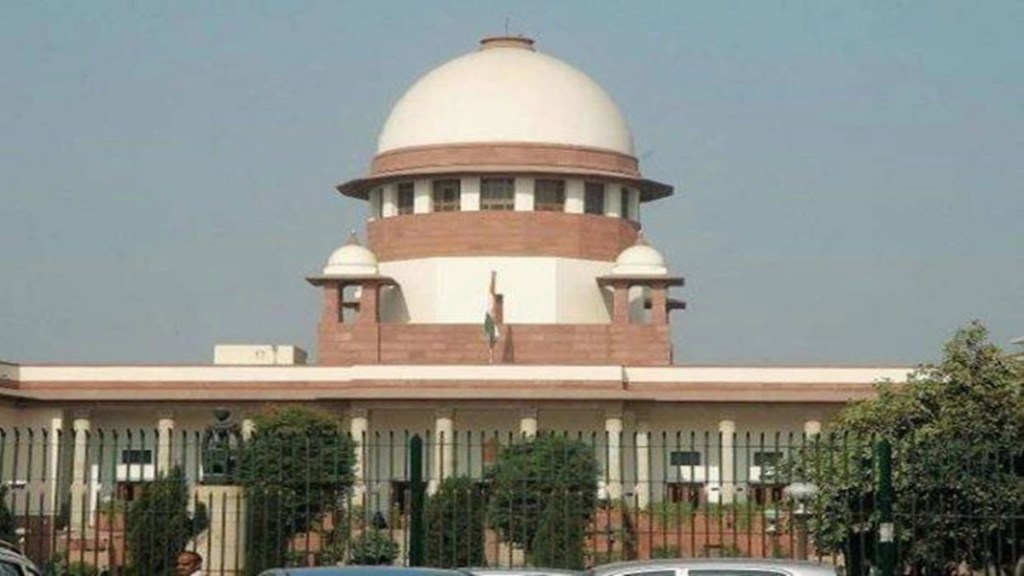On September 29, in a landmark verdict, a Supreme Court bench led by Justice DY Chandrachud provided clarity over the Medical Termination of Pregnancy Act and Rules (MTP Act), and in doing so, set the understanding of three gender-related concepts in a progressive direction.
The apex court recognised that women could also suffer sexual assault within their marriage, and that all women, married or not, are to have legal access to safe and legal abortion between 20 and 24 weeks of pregnancy
According to Mary John, former director of the Centre of Women’s Development studies, the verdict is a stepping stone. “This will open up discussions not only about gender identity and reproductive health, but also population discourse.”
While it has been said that society is not ready for such a change, the court took the opposite route-let society follow up with the new law,” Mary John told FE.
Also Read: SC upholds women’s abortion rights
The first element – definition of a woman also consisting of persons other than heteronormative (cis-het) women -is yet another step towards gender inclusion, here, it will also consider transgender males who have not undergone gender reassignment surgery as well as gender-fluid and non-binary persons. While transgender was first recognised as the third gender in 2014 (the Nalsa judgement), this interpretation of who can have access to abortions opens up not only the discussion around reproductive health and autonomy, but also the recognition of more gender identities.
The recognition of different sexualities, which is also inevitably connected to reproductive health, has a long way to go in the country as well. While same-sex relationships were decriminalised in 2018, this judgement ensures that their reproductive rights can be recognised by the judiciary in some capacity.
The second element, and perhaps the most important one, includes recognition of marital rape for purposes of abortion, and thus grants women who have suffered sexual assault in their marriages to terminate their pregnancies, while also bringing up the deadline in such cases from 20 weeks to 24 weeks. Originally, the Indian Penal Code 1860 did not recognise this as a crime-it reads, “Sexual intercourse by a man with his own wife, the wife not being under fifteen years of age, is not rape.” However, women have struggled to bring husbands who sexually assault them to justice as, to this day, marital rape is not considered as a crime.
However, the bench has clearly stated that the recognition of sexual assault by a husband will only be applicable in the context of the MTP Act, so that the victim can legally access abortion rights. While this still means that marital rape has not been criminalised, it has been, in this case, recognised by the judiciary, which is a step forward. Currently, marital rape is excluded from the ambit of the definition of rape under Exception 2 to Section 375 of the IPC; however, a separate bench of the SC is hearing appeals to remove the same.
The third element is the granting of the legal right to abortion to unmarried women, which the bench noted was in place with a 2021 amendment to the MTP Act, calling discriminating between married and unmarried women “unconstitutional”. The acknowledgement that the previous interpretation viewed only married women as sexually active, grants unmarried women who wish to terminate pregnancies from consensual relationships access to safe abortion. Moreover, the opinion of only one provider will be required to consent for the procedure for upto 20 weeks, which can be understood as the recognition of a woman’s bodily autonomy by the top court.
For now, these reforms are only applicable in the context of the MTP Act. There is a long road ahead for Indian law to actually recognise these factors as legal by themselves; however, their acknowledgement by an SC bench is a step towards ensuring gender justice in the country through progressive recognition of gender rights. Bear in mind, the top court of a developed economy like the United States has moved to rescind reproductive rights by striking down the landmark Roe vs Wade Judgement.


